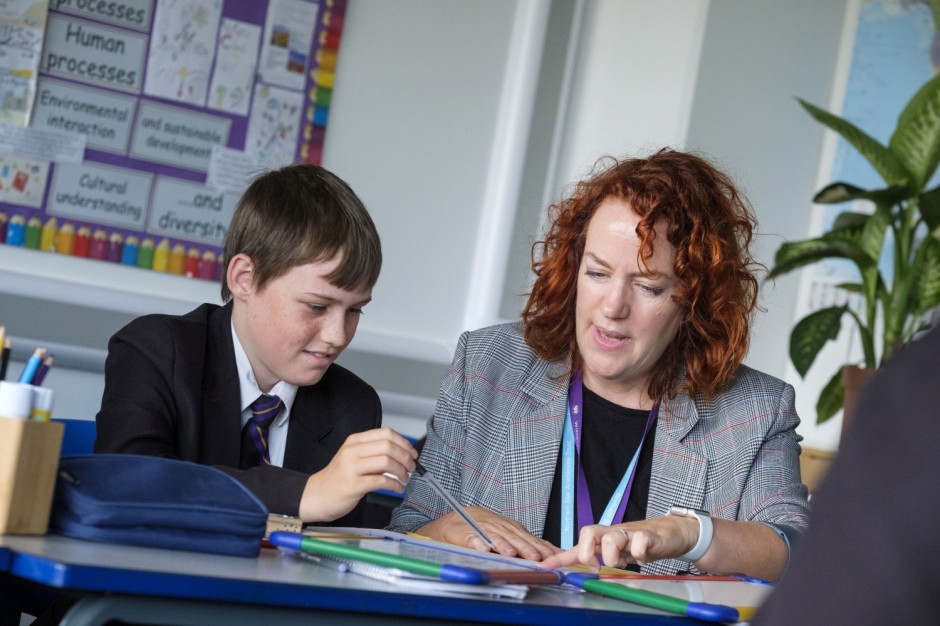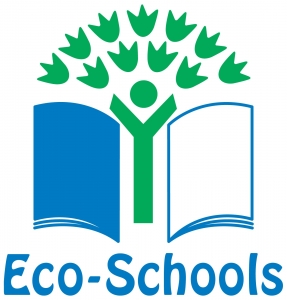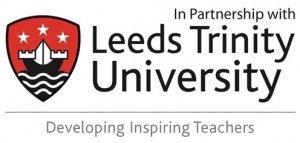More in this section...
Welcome to the Geography Department

Curriculum Intent
Our geography curriculum strives to equip students to deal with a rapidly changing world, to appreciate their place in the world, to be ready and able to face the challenges of the world and to contribute to making their community a better place to live. We want to enable students to live as knowledgeable citizens, who are aware of their local community in a global setting and who strive to become proactive, positive members of society.
Subject Definition
The understanding of the complex relationship between humans and the physical earth, so that both can thrive.
How Geography Links to SMSC
SMSC is integral to our curriculum where we are educating students for a shared humanity. We have a purposeful and accidental interconnectedness with all forms of life on earth and our desire is to explicitly educate students about our impact. We aim to instil in students a belief that all we do must be for the good of all humankind, emanating compassion and demonstrating forethought. In order to understand, reflect on, and if they desire, seek to change society and their place within it, students must know about the world. We want students to have the knowledge that will empower you them be the author of their own lives.
How Geography Links to our CARES Values
Courage:
Students investigate and ask their own geographical questions
Aspiration:
Students learn to appreciate the world and understand how physical and human landscapes are interdependent and interconnected
Respect:
Students consider what places are like and how the past helps to explain the present and predict the future
Equality:
Students identify and challenge bias when thinking critically about different viewpoints
Self-control:
Students learn to strengthen their arguments by justifying their views when reaching conclusions and making decisions
How Geography Links to British Values
Our diverse curriculum allows students to engage with the ´British values´ of democracy, the rule of law, liberty, respect and tolerance. We encourage students to talk about their personal ´geographies´, to think critically about their own place in the world and to appreciate the diversity of the world. Geography lessons encourage our students to explore how places have been changed by the contexts and processes that have shaped them. It helps our students to understand the complex ways in which communities and societies are linked and to appreciate the diversity of people´s backgrounds. Geography also helps pupils to understand society better. Appreciating diversity encourages positive relationships and shared values. It promotes tolerance and partnership, within local and wider communities. For example, the study of different cultural traditions enables students to acquire an appreciation of and respect for their own and other cultures.
Subject Staffing
Head of Department: Mrs F Rhodes
Teacher of Geography: Mr S Ashley
Teacher of Geography: Mr M Dixon
Teacher of Geography: Mrs J Norman
Teacher of Geography: Miss G Potts
Teacher of Geography: Mrs A Warner
Teacher of Geography: Mr R Wilso
Key Stage 3 Overview
Through the exploration of a range of questions, students develop their knowledge of geography’s central concepts: place; space; scale; interdependence; physical processes; human processes, environmental interaction; sustainable development; cultural understanding and diversity.
- Unit 1: What are the key aspects of studying people and places?
- Unit 2: What are the Earth’s resource challenges?
- Unit 3: What is an economy: from local to global?
- Unit 4: How can we measure, record and present weather and climate?
- Unit 5: Is the geography of Russia a curse or a benefit?
- Unit 6: How have physical processes interacted to shape river landscapes?
- Unit 7: What are the world’s development challenges?
- Unit 8: What are the world’s population challenges?
- Unit 9: How have physical processes interacted to shape coastal landscapes?
- Unit 10: What are the challenges and opportunities facing Asia?
- Unit 11: How can we understand, predict, manage and prevent earthquakes and volcanoes?
- Unit 12: What are the challenges and opportunities facing Africa?
- Unit 13: How have physical processes interacted to shape glacial landscapes?
- Unit 14: Is the geography of the Middle East a curse or a benefit?
- Unit 15: What are the Earth’s climate challenges?
By the end of the KS3 course, students should:
- Have extensive knowledge relating to a wide range of places, environments and features at a variety of scales, extending from local to global, including Russia, Asia, Africa and the Middle East.
- Understand the physical and human conditions and processes which lead to the development of, and change in, a variety of geographical features, systems and places. Explain various ways in which places, physical and human processes are interdependent and interconnected. Make connections between different geographical phenomena they have studied.
- Be able, with increasing independence, to choose and use a wide range of data, including OS maps at different scales, to help investigate, interpret, make judgements and decisions, to draw conclusions about geographical questions, issues and problems, expressing and thinking critically about different points of view about these. Write at length and discuss their geographical ideas, using a wide-ranging geographical vocabulary
Key Stage 4 Overview
Course title: Edexcel GCSE (9-1) Geography A
Component 1: The Physical Environment
In this component students will learn about the physical processes which create and change landscapes, and how people and environments interact.
Topic 1: The changing landscapes of the UK
Including sub-topics:
- 1A: Coastal landscapes and processes
- 1B: River landscapes and processes
Topic 2: Weather hazards and climate change
Topic 3: Ecosystems, biodiversity and management
Assessment overview
- 37.5%
- 94 marks
- 1 hour 30 minutes
- In Section A, students answer Questions 1, 2 and 3. (Not Q4)
Students answer all questions from Sections B and C.
Component 1: The Physical Environment
In this component students will learn about human geography and issues about people and the environment.
Topic 4: Changing cities
Topic 5: Global development
Topic 6: Resource Management
Including sub-topics:
- 6B: Water resource management
Assessment Overview
- 37.5%
- 94 marks
- 1 hour 30 minutes
- Students answer all questions from Section A and B. In Section C, students answer the optional question on water resource management.
Geographical Investigations: Fieldwork and UK Challenges
Topic 7: Geographical Investigations – fieldwork
Topic 8: Geographical investigations-UK challenges
In this component you will investigate physical and human environments through fieldwork.
Assessment overview
- 25%
- 64 marks
- 1 hour 30 minutes
- Students choose one from two optional questions (Rivers or Coasts)
- Students choose one from two optional questions (Central/Inner Urban Area or Rural Settlements)
- The exams include multiple-choice questions, short open, open response, calculations, 8-mark and 12-mark extended writing questions.











